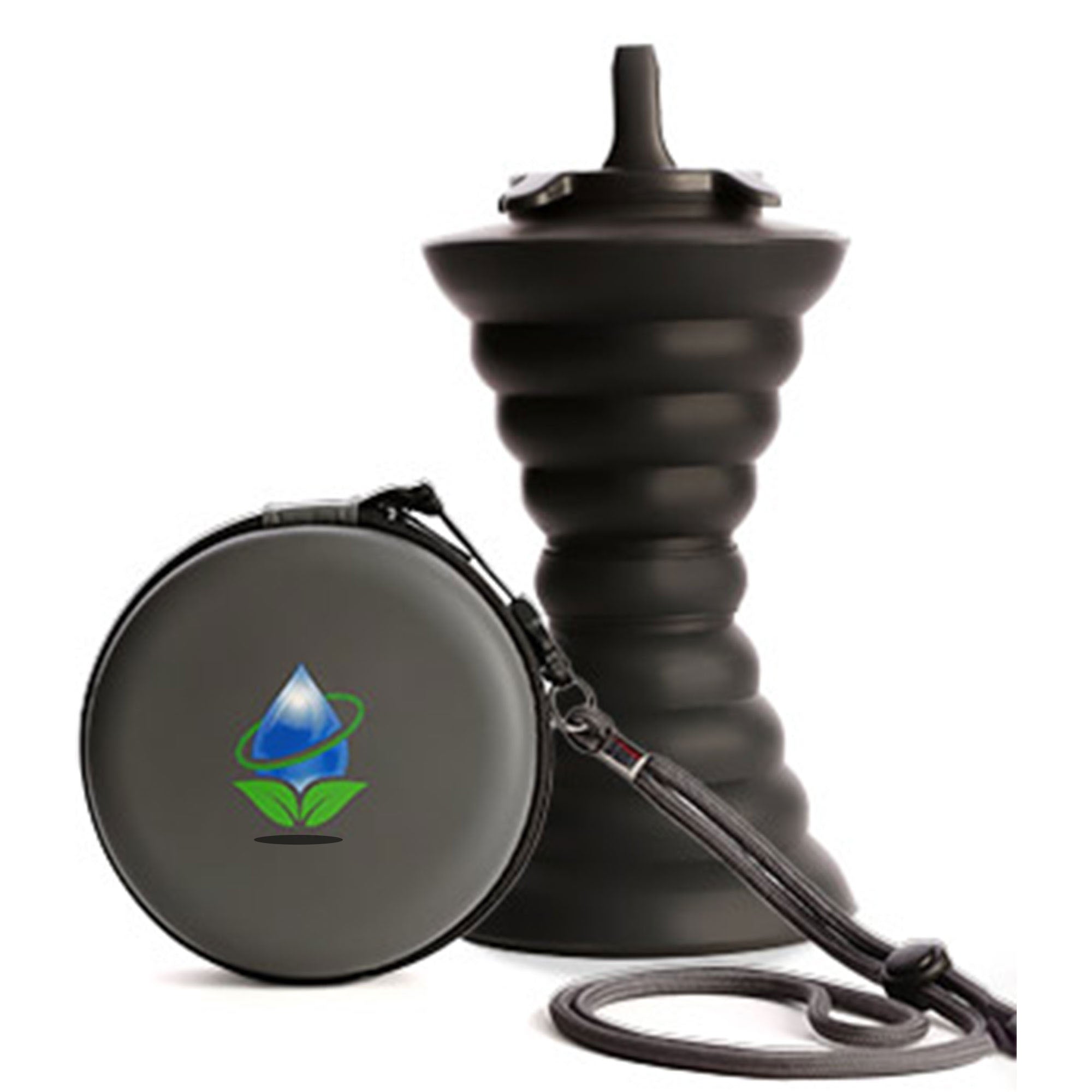Easy Methods of Coping with Crohn's Disease | Top 7 Ways
If you deal with Crohn’s disease, you probably recognize how difficult it is to manage the symptoms and still maintain the lifestyle you want to lead. After all, living with Crohn’s creates certain restrictions that you just can’t get around.
However, that doesn’t mean you’re stuck being at the mercy of your illness. Here are the top seven ways you can cope with Crohn’s disease and get back to your old lifestyle.
Method #1: Research Your Condition
Part of the reason that Crohn’s is so difficult to manage is that it’s so misunderstood. By research your disorder, not only do you pave the road to make it easier for yourself to deal with, but you also gain the ability to explain it to friends and family that may have misconceptions.
This, in turn, reduces the shame and embarrassment you feel regarding the illness, which then reduces flare-ups by eliminating that source of stress.
Additionally, knowing about Crohn’s will help you to understand that you aren’t alone in your condition and that you didn’t do anything to cause it.

Method #2: Understand Flare-ups and What Causes Them
The great thing about Crohn’s is that, in between flare-ups, you barely realize it’s there. This means that by reducing the number of flare-ups you experience, you can spend more time doing the things you love.
According to the National Institute of Diabetes and Digestive and Kidney Diseases (NIDDK), many things can cause flares, such as stress, certain types of food, and specific medications. Try to identify any stressors or dietary issues that may be causing more frequent symptoms.
Additionally, you can recognize a Crohn’s flare-up by its very distinct set of symptoms. These can include (but are not limited to):
- Diarrhea
- Cramping and abdominal pain
- Unexpected weight loss
- Fatigue
- Fever
- Nausea or loss of appetite
- Skin redness or tender dermal bumps
Symptoms can vary depending on the severity and cause of your flare-up, but these are the most common ones you’ll experience.

Method #3: Don’t Shy Away From Fiber
Eating a balanced diet is one of the best ways to avoid a Crohn’s flare, and high fiber foods are perhaps the most important component of this.
In the past, doctor’s used to tell Crohn’s patients to avoid fiber because they believed it actually triggered diarrhea, but research in recent years has indicated that it actually helps to maintain regularity and reduce inflammation in the gastrointestinal (GI) tract.
For women, the best amount of fiber to intake per day is right at 25 grams. For men, this number is a little higher 38 grams. Additionally, if you go a little over that amount, don’t fret. More fiber is better than less (up to a certain amount).
Other ways you can maintain a balanced diet are ensuring you get enough fruits and vegetables, eat foods from all the food groups, and drinking plenty of water.
Method #4: Drinking Water
Speaking of drinking water, did you know that it’s one of the best ways to keep your digestive system regular?
Historically, doctors in less developed countries have tended to advise patients with stomach-based illnesses not to drink too much water, as they believed it would cause diarrhea. After all, it makes sense that more liquid would result in liquid stools.
However, this is not the case. Water is flushed out through the urinary system, not the digestive system, which means that any excess water you drink past what your body needs have no effect on what your bowels are doing. Rather, drinking too little water can cause your stools to irritate your intestinal lining, which can result in severe Crohn’s flare-ups.

Method #5: Get Help From A Nutritionist
If you don’t have much experience managing your own diet, then you may need to consider consulting with a nutritionist who specializes or has experience in inflammatory bowel disease (ibd).
We recommend this because, even though it’s good to avoid triggering foods, it isn’t recommended that you cut out entire food groups. A nutritionist can give valuable insight into what foods you can replace your trigger foods with so that you maintain a balanced and healthy diet.
Method #6: Medication
Even though there aren’t any cures for Crohn’s disease right now, that doesn’t mean there won’t be any in the future. Not to mention, there are medications out there that will help you manage the symptoms and reduce the frequency of flare-ups.
Over-the-counter medications and anti-inflammatory drugs that can help you manage your symptoms are:
- Tylenol
- Ibuprofen
- Pepto Bismol
- Immodium
- Kaopectate

Additionally, here are some types of medications that you might ask your doctor about to help you manage your disease as a whole:
- Aminosalicylates
- Corticosteroids
- Immunomodulators
- Biologic therapies
Remember to always talk to your doctor before starting a new medication regimen.
Method #7: Carry a Portable Bidet
No matter what you try, there will always be flare-ups in your future. That’s the unfortunate truth of a life with Crohn’s. However, that doesn’t mean you have to suffer through the usual discomfort.
Traveling bidets that fit in your pocket (such as The Pocket Bidet®) are convenient pieces of equipment that are discrete enough to take anywhere. With The Pocket Bidet®, you can also control the pressure of the water that you spray onto your sanitary areas, as well as the temperature you put in it.
These factors combined make for a very pleasant bathroom experience, even in the worse of situations.
Conclusion
Crohn’s can be difficult to cope with, but the above tips, combined with The Pocket Bidet®, can help.
If you’re unsure whether The Pocket Bidet® is right for you, there are resources on our website that can help you decide. If you’re ready to place an order and get immediate relief from your Crohn’s inconveniences, visit our shop today!


